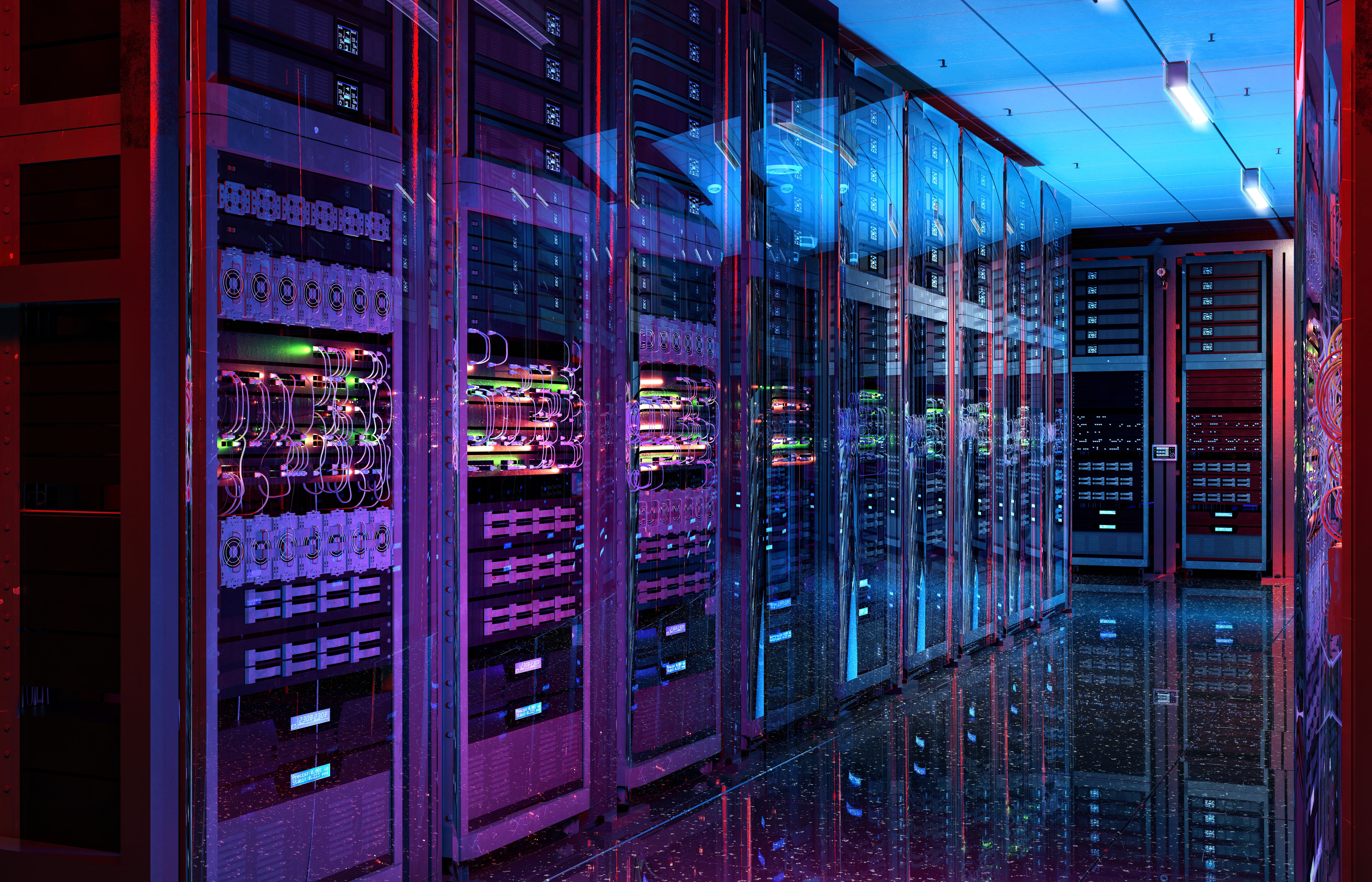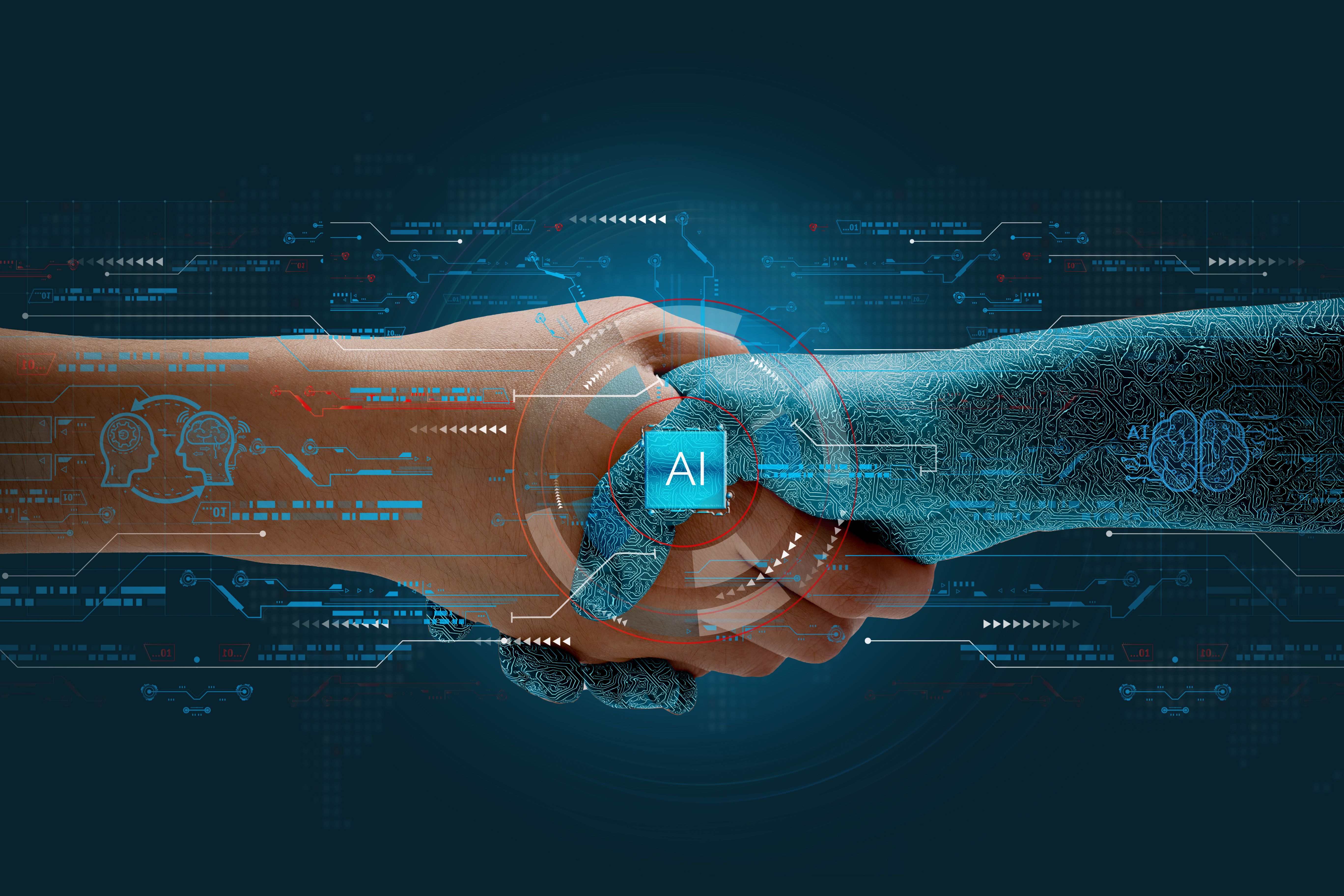The Future of Work: AI and Human Jobs
Understanding the AI Revolution
As artificial intelligence (AI) continues to evolve, it is transforming industries and reshaping how we perceive work. AI technologies are no longer confined to futuristic movies or research labs; they are now part of our everyday lives. From virtual assistants to advanced data analysis, AI is making waves in various sectors. However, this rapid advancement also raises questions about the future of work and the role humans will play alongside these intelligent systems.

AI and Job Automation
One of the most discussed topics when it comes to AI is job automation. Many routine and repetitive tasks that once required human effort are now being performed by machines. This shift is especially evident in industries such as manufacturing, customer service, and logistics. While automation can lead to increased efficiency and reduced operational costs, it also brings concerns about job displacement.
It's important to note that while some jobs may be lost, new opportunities are emerging. History has shown that technological advancements often lead to the creation of new roles and industries. For instance, the rise of the internet gave birth to jobs in web development and digital marketing. Similarly, AI is likely to create demand for skilled professionals who can develop, manage, and maintain these intelligent systems.
The Human Element in the Workplace
Despite the growing capabilities of AI, there are certain areas where human skills remain irreplaceable. Creativity, empathy, and critical thinking are attributes that machines struggle to replicate. In fields such as healthcare, education, and social services, the human touch is essential for success. Thus, humans and AI can coexist by complementing each other's strengths.

Businesses are recognizing the value of combining AI with human intuition. By leveraging AI for data-driven insights and automating mundane tasks, employees can focus on more strategic and meaningful work. This shift not only enhances productivity but also fosters job satisfaction as individuals engage in tasks that require creativity and problem-solving.
Preparing for the Future
To thrive in this new era of work, individuals and organizations must adapt and embrace change. Continuous learning and upskilling are crucial for staying relevant in a rapidly evolving job market. Workers should focus on developing skills that AI cannot easily replicate, such as emotional intelligence, complex problem-solving, and interpersonal communication.
- Invest in education and training programs that equip employees with future-ready skills.
- Encourage a culture of innovation by promoting collaboration between humans and AI.
- Implement ethical guidelines to ensure responsible AI usage.
The Role of Policy Makers
Governments and policymakers play a vital role in shaping the future of work in an AI-driven world. By creating policies that promote fair labor practices and support workforce transitions, they can help mitigate potential negative impacts of automation. These measures might include offering incentives for companies that upskill their workforce or implementing social safety nets for those affected by job displacement.

Furthermore, international collaboration is essential in setting global standards for AI ethics and regulations. By working together, nations can ensure that AI technologies are developed and deployed responsibly, benefiting society as a whole.
Conclusion
The future of work is undoubtedly intertwined with the advancement of AI. While challenges exist, the potential benefits for both businesses and employees are substantial. By embracing change, investing in human capital, and fostering innovation, we can create a future where humans and AI coexist harmoniously, each enhancing the other's capabilities.